Considering a real estate investment out of state might seem daunting initially, but it’s a venture that opens up numerous possibilities and advantages. Whether you’re seeking a second home, diversifying your investment portfolio, or simply exploring new horizons, buying a house out of state can offer unique benefits.
Venturing beyond your local real estate market presents a myriad of opportunities. Firstly, buying a house out of state allows you to tap into markets with different growth potentials and economic landscapes. It enables you to explore regions with lower property prices compared to your current location, offering a better return on investment. However, investors must carefully weigh these pros and cons to make informed decisions about out-of-state real estate investments.
Financial Preparedness
Financial preparedness is essential for prospective out-of-state property buyers, involving a thorough evaluation of one’s financial situation, budgeting for all associated costs, and researching mortgage options to secure favorable financing terms.
Assessing Your Financial Readiness
Assessing your financial readiness involves evaluating your current financial situation, including income, savings, debt levels, credit score, debt to income ratio, and stability. Understanding your financial position helps determine whether you’re prepared to take on the responsibilities and commitments associated with purchasing out-of-state property, ensuring a sound and sustainable investment decision.
Budgeting for Out-of-State Property Purchase
Budgeting plays a pivotal role in the successful acquisition of out-of-state property. Begin by determining the total cost of the property, including purchase price, closing costs, property taxes, and any potential renovations or repairs. Additional expenses include travel costs for property visits, ongoing maintenance fees, property management fees (if applicable), and potential vacancy periods.
Mortgage Options and Lending Considerations
Mortgage options and lending considerations are paramount when purchasing out-of-state property. Research and compare mortgage rates, terms, and lending institutions to find the most favorable financing options for your investment. Consider factors such as down payment requirements, interest rates, loan duration, and pre-approval processes. Be mindful of potential challenges associated with securing financing for out-of-state properties, such as stricter lending criteria and higher down payment requirements.
Researching Out-of-State Markets
A thorough market research empowers investors to make informed decisions and maximize opportunities in diverse real estate markets beyond their immediate vicinity.
Identifying Target Locations
Identifying target locations and researching various factors such as job opportunities, population growth, economic stability, and housing demand. Consider factors like affordability, rental yields, and potential for appreciation when selecting target areas for out-of-state property investment.
Market Trends and Analysis
Analyzing market trends involves studying historical data, current market conditions, and future projections to understand the trajectory of the real estate market in your target locations. Pay attention to factors like inventory levels, median home prices, days on the market, and rental vacancy rates to gauge the health and potential of the housing market.
Local Real Estate Regulations
Understanding local real estate regulations is crucial for navigating legal requirements and potential pitfalls in out-of-state markets. Consulting with a real estate attorney can provide valuable insights into regulatory nuances and ensure compliance with local laws and regulations. Familiarize yourself with zoning laws, landlord-tenant regulations, property taxes, and any licensing or permitting requirements specific to the areas you’re considering.
Finding the Right Property
House hunting and finding the right property requires a combination of effective collaboration with real estate agents, utilizing online resources to explore listings and tools, and conducting strategic in-person visits to evaluate potential investments.
Working with Real Estate Agents from Afar
Collaborating with a local real estate agent from afar requires clear communication, trust, and a thorough understanding of your preferences and investment goals. Choose agents with expertise in the target market who can provide valuable insights, facilitate remote property viewings, and negotiate on your behalf. Your chosen real estate agent and property management company will work closely with the title company to ensure a smooth closing process and address any title-related issues that may arise during the transaction.
Online Property Listings and Tools
Online property listings and tools offer convenient access to a wide range of properties, allowing investors to explore options, compare prices, and evaluate amenities from the comfort of their own homes. Utilize reputable real estate websites, virtual tours, and interactive maps to streamline your search and identify potential investment opportunities.
Visiting Potential Properties
Visiting potential properties in person, whenever feasible, allows you to assess the neighborhood, property condition, and surrounding amenities firsthand. Schedule visits strategically, focusing on top contenders identified through virtual tours and online research, to make informed decisions and finalize your out-of-state property purchase with confidence.
Due Diligence
Conducting due diligence in real estate is essential. It entails comprehensive research and analysis to evaluate the property’s condition, legality, and financial viability before making a purchase.
Property Inspection and Appraisal
Thorough property inspection and appraisal are crucial for uncovering any potential issues or discrepancies with the property’s condition, structural integrity, and value. Hire qualified inspectors and appraisers to assess the property comprehensively and provide objective evaluations to inform your decision-making process.
Title Searches and Legal Considerations
Performing title searches and addressing legal considerations ensures clear ownership rights and mitigates risks associated with liens, encumbrances, or property disputes. Engage legal professionals familiar with out-of-state real estate transactions to review title documents, contracts, and any relevant legal disclosures to safeguard your interests and facilitate a smooth closing process.
Tax Implications of Out-of-State Ownership
Understanding the tax implications of out-of-state property ownership is essential for managing your financial obligations and maximizing returns on your investment. Research state and local tax laws, including property taxes, income taxes, and any applicable deductions or exemptions, to assess the impact on your overall investment strategy and long-term financial objectives. Consult with tax advisors or accountants specializing in real estate taxation to optimize your tax planning strategies and ensure compliance with relevant tax regulations.
Making an Offer and Negotiating
Making an offer and negotiating in real estate are critical steps in the buying process. It involves crafting a competitive offer based on market analysis and negotiating effectively, even from a distance, to secure favorable terms for the purchase of your out-of-state property.
Crafting a Competitive Offer
Crafting a competitive offer entails considering various factors such as market conditions, property value, and seller motivations, as well as exploring financing options with local lender. Conduct a comparative market analysis and collaborate with your real estate agent to determine an appropriate offer price that aligns with your budget and reflects the property’s worth in the current market.
Negotiating from a Distance
Negotiating from a distance demands effective communication, trust, and strategic negotiation tactics. Utilize technology to facilitate communication with sellers and agents, and be prepared to act swiftly and decisively during negotiations. Clearly articulate your terms, remain flexible where possible, and seek guidance from your agent to navigate the negotiation process successfully and secure favorable terms for your out-of-state property purchase.
Financing and Closing
Financing and closing represent the critical stages in the acquisition of a property. Securing financing entails diligent research, comparison of lending options, and meticulous documentation submission to lenders, demanding close collaboration among buyers, real estate agents, and lending institutions. Once financing is secured, the closing process begins, where meticulous attention is paid to reviewing and signing legal documents such as the purchase agreement, loan documents, and title transfer papers.
Securing Your Mortgage
Securing your mortgage is a pivotal step in the home-buying process. It entails researching various lenders, comparing interest rates and loan terms, and submitting a comprehensive application with all required documentation. Working closely with your chosen mortgage lender, you’ll navigate through the complexities of mortgage options, ensuring that you secure the best possible financing for your out-of-state property purchase. As part of this process, it’s crucial to consider homeowners insurance requirements.
Closing Process and Documents
The closing process marks the culmination of your home-buying journey and includes a series of essential steps and documents. During closing, you’ll review and sign legal documents such as the purchase agreement, loan documents, and title transfer papers. This phase demands meticulous attention to detail as you ensure that all paperwork is accurate and in compliance with relevant regulations.
Legal Considerations
Local real estate laws are paramount when engaging in out-of-state property transactions. Thorough research or consultation with legal experts is essential to ensure compliance with local statutes and avoid potential legal pitfalls during the purchasing process and property ownership.
Understanding State-Specific Laws
Understanding state-specific laws regarding landlord-tenant relationships is essential for both parties involved in a rental agreement. These laws encompass various aspects, including lease agreements, eviction procedures, security deposit regulations, and property maintenance standards. Each state has its own statutes and regulations governing these matters, and failure to adhere to them can lead to legal disputes and consequences.
Tenant and Landlord Rights
Both tenants and landlords have rights that are protected by law. These rights are designed to ensure fair treatment and establish clear expectations for both parties. Tenants have the right to a safe and habitable living environment, protection from unlawful eviction, and the return of their security deposit, among others. Landlords, on the other hand, have the right to receive rent payments on time, enter the property for necessary repairs or inspections with proper notice, and take legal action against tenants who violate the lease terms.
Pitfalls to Avoid
Common Mistakes in Out-of-State Real Estate
Investing in real estate outside of your home state can be a lucrative opportunity, but it also comes with its own set of challenges and potential pitfalls. One common mistake that investors make is failing to thoroughly research and understand the local market dynamics, including property values, rental rates, and economic trends. With proper knowledge of the area, investors may avoid overpaying for properties or investing in areas with limited growth potential.
Lessons from Failed Ventures
Failure is an inevitable part of any business venture, including real estate investments. However, it’s crucial to learn from these failures and use them as valuable lessons for future endeavors. Rushing into an investment, one must fully understand the market dynamics and potential risks to avoid costly mistakes. Real estate investments can be unpredictable, and having a plan B can help mitigate losses and navigate challenging situations.
Summary
Exploring the possibility of buying a house out of state is a venture that requires careful consideration, thorough research, and strategic planning. While it presents unique opportunities for diversification, higher returns, and access to new markets, it also entails navigating challenges such as management complexities, legal considerations, and unfamiliarity with local regulations. Prospective buyers must assess their financial readiness, conduct comprehensive market research, and identify promising investment opportunities while remaining vigilant of potential pitfalls.
Understanding state-specific laws and tenant-landlord rights, as well as learning from past failures, are crucial aspects of making informed decisions and maximizing the potential of out-of-state real estate investments. By diligently evaluating risks, leveraging resources, and learning from experiences, investors can embark on a rewarding journey in out-of-state real estate with confidence and clarity.
Discover Your Dream Home – Get started with Intersection Real Estate today!






